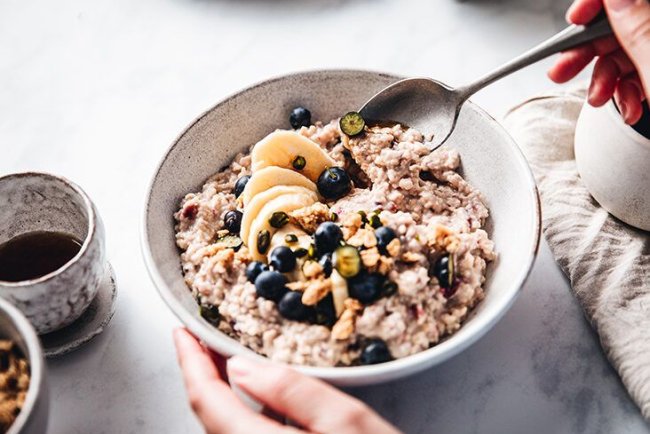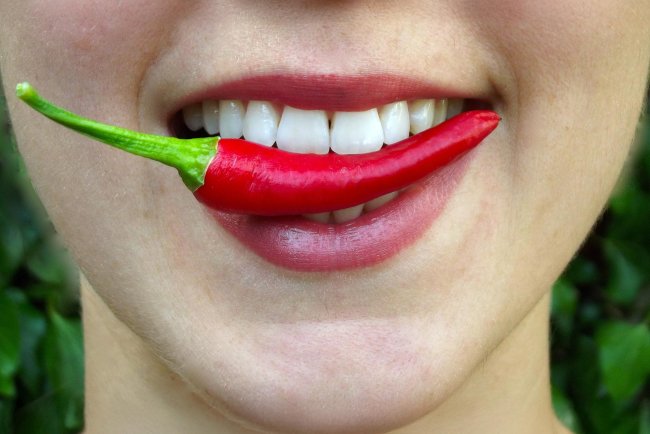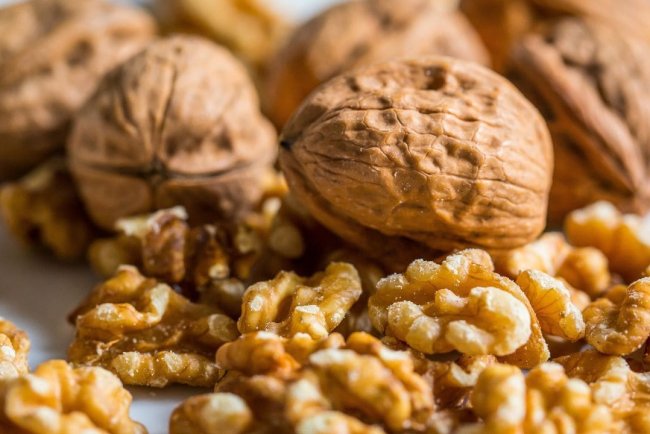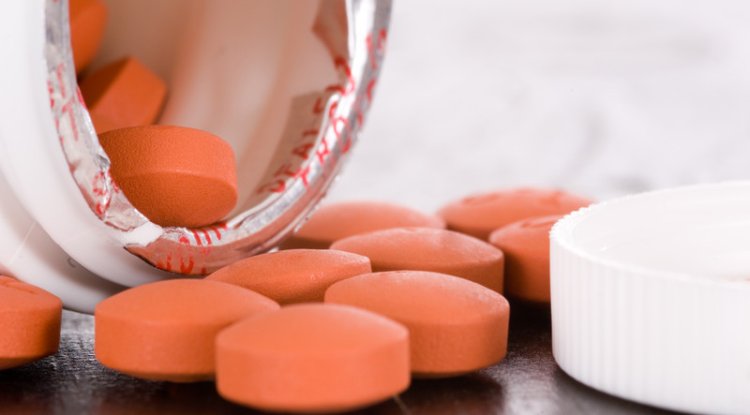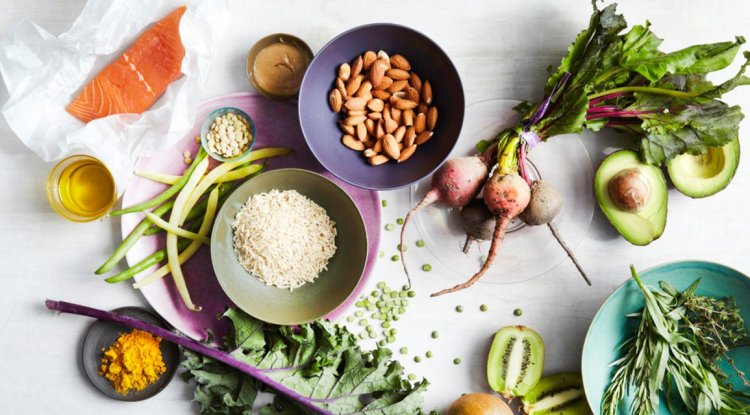Avoiding Nuts and Seeds for Gut Health? Here’s Why That’s a Myth
For years, people with diverticula—those small, pouch-like bulges that can form in the colon—were warned to stay away from nuts and seeds. The fear was simple: those tiny bits might get stuck in the pouches and trigger diverticulitis, a painful infection.
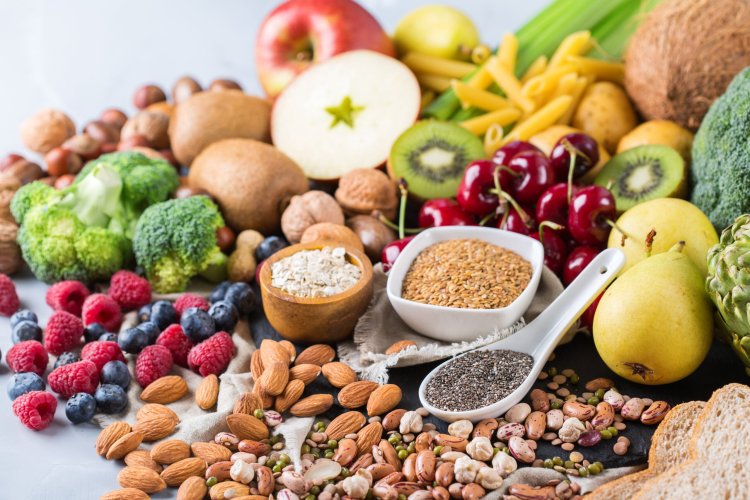
But here’s the twist: science hasn’t found any real proof to back up that old advice. In fact, the opposite may be true. Far from being dangerous, nuts and seeds can actually help keep your gut healthier, thanks to one powerhouse nutrient: fiber.
Why Fiber Is Your Gut’s Best Friend
Fiber is like the unsung hero of digestion. It keeps things moving, supports healthy gut bacteria, and helps prevent constipation. The Institute of Medicine recommends:
Women 19–50: 25 grams daily
Men 19–50: 38 grams daily
Women 50+: 21 grams daily
Men 50+: 30 grams daily
That’s a tall order for most of us, but nuts and seeds make it easier—and tastier—to hit those numbers.
Nuts: Tiny Packages, Big Benefits
Nuts aren’t just crunchy snacks—they’re nutrient-dense powerhouses. Here’s what a single handful (about an ounce) can deliver:
Protein: 3–7 grams
Fiber: 1–3 grams
Calories: 160–200, packed with healthy unsaturated fats
Different nuts bring their own superpowers:
Almonds: Calcium and vitamin E
Walnuts: Folate, vitamin E, and omega-3s
Pecans & peanuts: Rich in B vitamins
All nuts: Magnesium for muscle and nerve health
As registered dietitian Kathy McManus explains, “In just a handful, you get a lot of bang for your buck.”
Seeds: Small but Mighty
Seeds may be tiny, but don’t underestimate them. A tablespoon can pack surprising nutrition:
Chia seeds: 2g protein, 4g fiber, and calcium
Flaxseeds: 2g protein, 3g fiber, and plant-based omega-3s
Hemp seeds: A protein bomb—10g per ounce—with healthy fats
“Flaxseeds and chia seeds,” notes McManus, “are especially rich in plant-based omega-3s, even more so than walnuts.”
How Much Is Just Right?
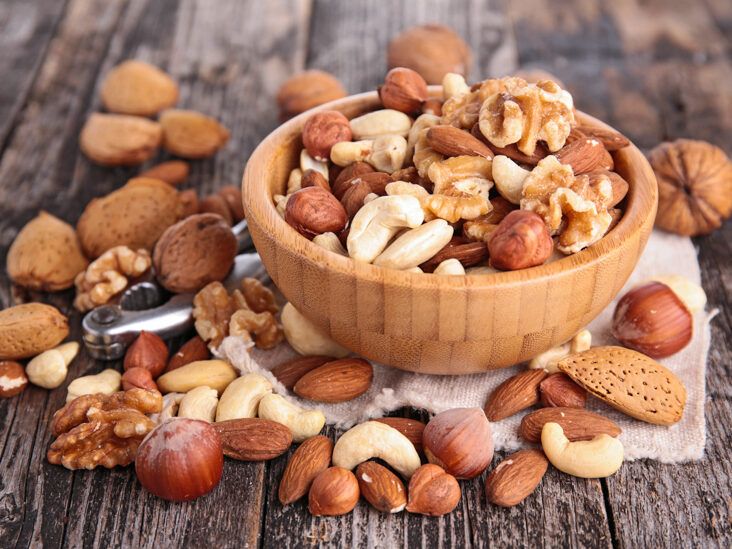
Here’s the catch: while nuts and seeds are nutrient-rich, they’re also calorie-dense. More than one or two handfuls per day can quietly add up and crowd out other healthy foods.
The sweet spot?
A small handful as a snack.
Sprinkled into salads, oatmeal, or yogurt.
Blended into sauces or stir-fries.
Even ground into flour for baking.
Think of them as boosters, not main courses.
Practical (and Delicious) Ways to Add Them
Toss pumpkin or sunflower seeds onto roasted veggies.
Blend cashews or pine nuts into a pesto.
Add chopped pecans or walnuts to morning oatmeal.
Mix chia or flax into smoothies for an easy fiber bump.
Use almond or hazelnut flour in baked goods for extra nutrition.
Just steer clear of heavily sweetened, chocolate-coated, or sugar-dusted versions. Lightly salted nuts are fine, as long as you stick to portion sizes.
The Bottom Line
The old myth that nuts and seeds worsen diverticulitis doesn’t hold up. On the contrary, they’re some of the best foods you can eat for your gut, heart, and overall health. With fiber, protein, healthy fats, and a spectrum of vitamins and minerals, these little nutritional gems deserve a daily spot on your plate.
So don’t be afraid of the crunch. Your gut—and the rest of your body—will thank you.
What's Your Reaction?







